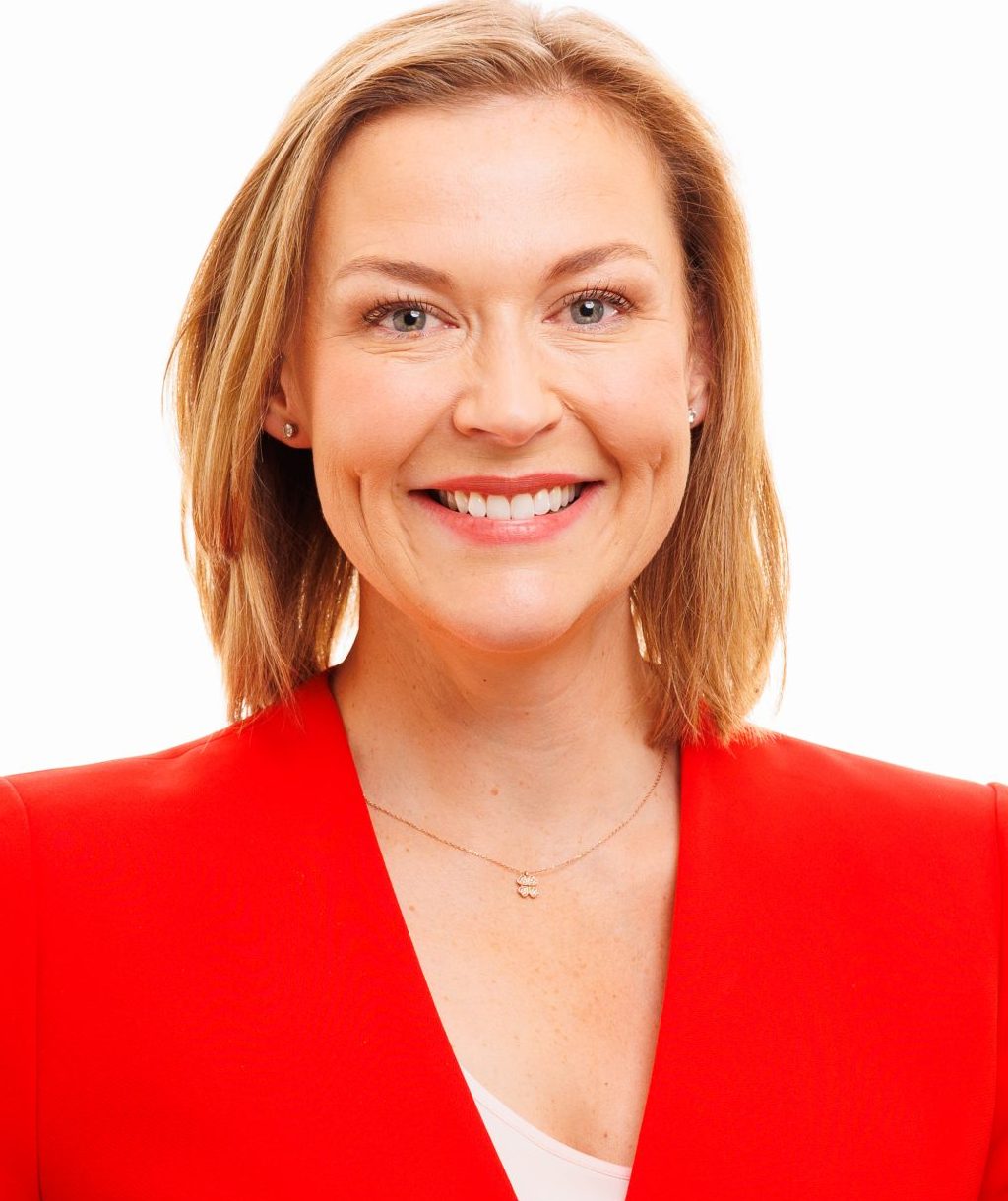Young Australians are looking for advice in a vacuum of ever-dwindling numbers of financial advisers, and risking it all on a diet of social media, well-meaning friends, and Tik-Tok videos…
New research from CALI shows nearly one in two Australians aged 18-34 are looking for financial advice, especially around life insurance, but only a fraction is receiving it.
Instead, they’re turning to friends, family, social media, and online searches to make major financial decisions in a vacuum of professional advice.
The research, taken from CALI’s Life Insurance Sentiment Tracker June 2025 Report, shows nearly half (49%) of young Australians want financial advice, especially on life insurance, yet just 11% receive it.
“We have a growing generation of Australians who are motivated to make smart financial decisions, but for many, professional advice is out of reach,” said CALI CEO Christine Cupitt.

The new research also reveals 57% of 18-34 year-olds want more personalised advice that helps them decide how much cover they need, compared to 16% who just want basic information.
Top triggers for considering life insurance include a change in financial circumstances, witnessing a loved one face illness, or experiencing their own health challenge.
According to CALI’s research, groups more likely to have considered and/or received advice on life insurance in the past three months have been:
- Career starters aged 18-34: 59% (up 15% from previous quarter)
- Mid-life career segment aged 35-54: 40% (up 12% from previous quarter)
- Males: 49% (up 12% from previous quarter)
- Life insurance customers: 51%, compared to non-life insurance customers (34%)
Having made the decision to seek insurance, most respondents indicated they’d get advice from their family and friends, while others would go direct to an insurance firm or speak to a financial adviser. Others would hunt down information on social media or listen to a financial planning podcast.
Instead of getting help from a qualified adviser, younger Australians are piecing together advice from friends, Google searches, and TikTok…
“Instead of getting help from a qualified adviser, younger Australians are piecing together advice from friends, Google searches, and TikTok videos; sources that aren’t always accurate, tailored or in their best interests,” said Cupitt.
She said CALI is advocating for reforms that expand access to advice, including the Federal Government’s proposal for a new class of adviser. Under current laws, life insurers in Australia are legally restricted from providing personal advice to customers, even when asked directly. In December 2024, as part of its Delivering Better Financial Outcomes reform package, the Federal Government committed to reforming this framework to allow life insurers to offer straightforward advice when customers seek it, at no extra cost.
“We need to be able to offer affordable, timely and personalised support. That’s what the Government’s advice reforms are all about, and it’s critical they stay on track,” said Cupitt, adding:
“Younger Australians deserve support and advice to build the right safety net and have peace of mind about their future. We welcome the Government’s commitment to reform, but action is needed now to close the gap between demand and delivery of financial advice.”
Positive sentiment on risk advice
Notwithstanding the current lack of supply of risk advice to younger Australians, results from CALI’s December 2024 financial adviser research reveal that 82% of financial advisers say life insurance will make up a greater share of their business over the next five years.
The research suggests this predicted upward trend in writing more risk advice will be driven by growing demand from younger clients, larger mortgages, intergenerational wealth transfer, and a shrinking adviser workforce.
Product mismatch
The positive sentiment, however, is tempered to a degree by what some advisers consider to be a lack of flexibility in the current range of retail life insurance product solutions to which they have access – especially for younger prospective clients.
Sydney-based financial adviser, Nicole Bendeich (Calibre Life) says that while affordability and access are a big part of receiving advice, current products aren’t designed with younger people in mind.
“Today’s under-35s live more dynamic, non-linear lives,” she says. “Consider a uni student juggling casual jobs, or side hustles that don’t fit neatly into traditional eligibility guidelines.”
…products may need to shape-shift if we want to pursue the ultimate common goal of insuring more younger Australians…
Bendeich’s point is that “…it becomes difficult to obtain the best disability coverage and premium outcome for clients when multiple sources of earnt income from multiple jobs are involved”. She says insurers want to see traditional employment and income scenarios for insurance purposes, rather than ’10 hours here, 18 hours there…’
“Insurance products are designed for stability and predictability, which I can understand is necessary to a point to be able to price appropriately,” she says.

“However, products may need to shape-shift if we want to pursue the ultimate common goal of insuring more younger Australians. To do this the products need to be more inclusive, and those products be available to full advice professionals not just general advice operators and aggregators.”
CALI is also mindful of this issue, noting the industry is determined to evolve its products and services to better reflect the diverse, dynamic lives of Australians today and tomorrow.
Mental health issues in insurance
Bendeich says younger Australians are also pro-active about seeking health advice, particularly when it comes to their mental health. But declarations such as this can cause issues, particularly, she says, when a client has three or more health issues.
“Mental health is almost always treated unfavourably when seeking cover, understandably due to claims statistics and TPD,” says Bendeich. “However, this is the start of their relationship with insurance and the first experience is to ‘get a mark’ against them. This diminishes trust.”
In addition, she says many young people assume financial advice is something for when they’re older and have already built wealth – not a tool that actually helps build it and secure it.
Bite-sized advice
“There’s also the assumption that all advisers do everything, when in fact, financial planning has specialties – just like medicine,” says Bendeich.
“You wouldn’t see a cardiologist for a skin condition. Likewise, not every adviser is a holistic adviser – there are life insurance specialists.”
Based on her experience, Bendeich says young people prefer what she terms ‘bite-sized’ advice, seeking only the advice they need to answer a specific question.
“Receiving full advice can be a mammoth task for both adviser and client,” she says. “But for many, it starts with just doing one thing at a time and doing it well.”
The client perspective
Two of Bendeich’s clients are couple – James, 29, and Katie, 28. They wanted advice to set themselves up for a secure retirement.
“Speaking to people who have more knowledge and experience in a sector we are not a part of is a good practice,” they said in a written statement.
…cost is a factor that some people just don’t see any value in
“This allows us to gain a better understanding of how to best utilise our money. Sometimes in ways that we haven’t or wouldn’t have thought about.”
They also said most young people think financial planning and seeking advice is for older people or wealthy families.
“The cost is a factor that some people just don’t see any value in,” they said. “It’s also not a very common point of discussion. Most young people see YouTubers and people on TikTok and just try whatever they do to get ahead.”
Bendeich believes the advice profession could benefit from a spotlight on specialist advice areas – particularly life insurance “…because this is where the protection conversations start”.
“If we reshape how we promote life insurance advice, how we talk about it, we can better meet young Australians where they are,” she said. “They need to feel good about making the decision to hold insurance as a part of their overall wealth goals.”









Pre LIF commission structure worked well for younger lives. Commissions are just a way for clients to pay, unfortunately this option has been limited for the clients and the people it impacts the most are the younger lives.
Comments are closed.